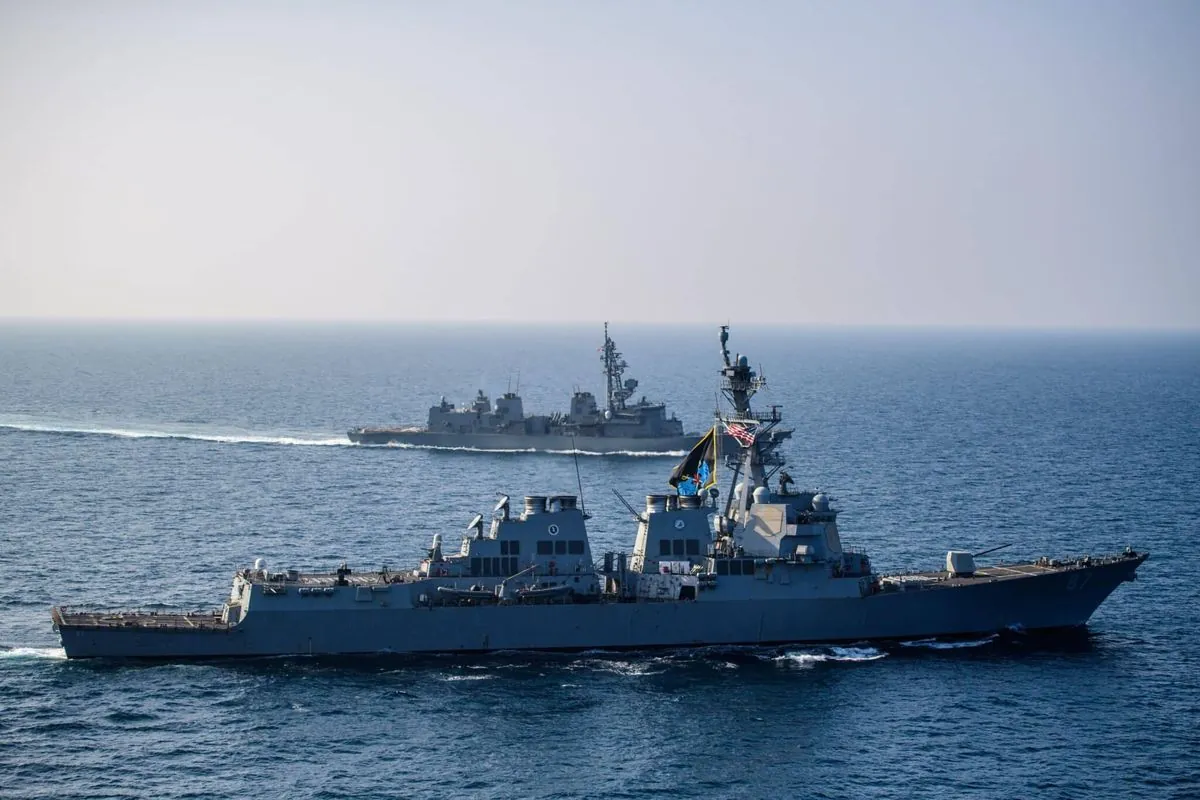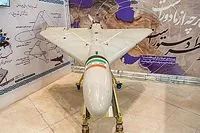Western Navies Face Stalemate in Red Sea: Time for a New Strategy?
Western naval efforts to counter Houthi attacks in the Red Sea have proven ineffective. A former Royal Navy officer proposes a bold new approach, drawing parallels to a successful 1980s operation against Iran.

The situation in the Red Sea has reached a critical juncture, with Western navies, led by the United States Navy (USN), facing a stalemate in their efforts to counter attacks by Iran-backed Houthis. Since October 2023, the Yemeni rebel group has been targeting ships passing through the strategic Bab-el-Mandeb strait, causing major disruptions to global trade.
Despite various defensive and offensive operations, including Operation Prosperity Guardian (OPG) and Operation Poseidon Archer, the attacks have continued unabated. Approximately 60% of ships that would normally traverse the Red Sea are now opting for the longer route around the Cape of Good Hope, adding significant costs and logistical challenges to global shipping.
The Houthis' tactics have evolved over time, with surface drones becoming more prevalent alongside their primary method of missile attacks. A recent analysis by Lloyd's List revealed that 94% of attacks since the beginning of the conflict have involved missiles, with drones and other methods making up the remainder.

Contrary to initial claims, the Houthis are not limiting their targets to vessels connected with Israel, the United States, and the United Kingdom. Instead, they appear to be deliberately avoiding Russian and Chinese ships while targeting a wide range of other nationalities.
The current approach by Western navies has proven ineffective in deterring these attacks or restoring confidence in the shipping industry. A new strategy is urgently needed to break this impasse and ensure freedom of navigation in this crucial waterway.
One potential solution, proposed by a former Royal Navy officer, draws inspiration from Operation Prime Chance, a covert US operation conducted from August 1987 to June 1989. This operation successfully deterred Iran from laying mines in the Persian Gulf during the Iran-Iraq War.
"There is one option yet to be explored – the Navy SEALs and other US and allied special operations forces (SOF). There is precedent for them being used in this way, to preserve freedom of navigation."
The proposed strategy would involve deploying US and allied special operations forces, primarily based at sea, to conduct targeted operations against Houthi missile launchers and other assets on land. This approach would require suppressing Houthi air defenses and establishing constant air cover to enable rapid response times.
While such an operation would face significant challenges, including the risk of escalation and potential civilian casualties, proponents argue that it could dramatically alter the Houthis' risk calculus. By demonstrating a willingness to take more aggressive action, Western powers might be able to force a change in Houthi behavior and ultimately restore stability to the region.
Critics may argue that this approach risks further entanglement in the complex Yemeni conflict, which has already resulted in one of the world's worst humanitarian crises. Additionally, the political appetite for such operations may be limited, given the public's wariness of military interventions following prolonged engagements in Afghanistan and Iraq.
Ultimately, the decision to pursue a more aggressive strategy in the Red Sea will require careful consideration at the highest levels of government. As the situation continues to evolve, policymakers must weigh the costs and benefits of maintaining the status quo against the potential risks and rewards of a new approach.
With global trade and regional stability hanging in the balance, the international community faces a critical decision point in addressing the ongoing crisis in the Red Sea. The coming weeks and months will likely prove decisive in determining whether a new strategy emerges to counter the Houthi threat and restore freedom of navigation to this vital waterway.


































